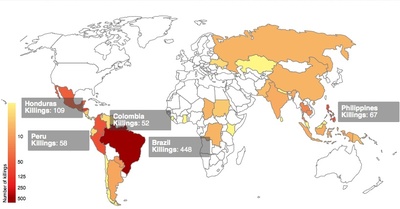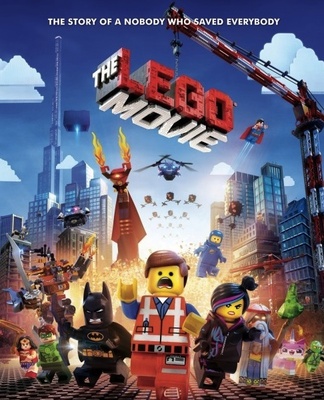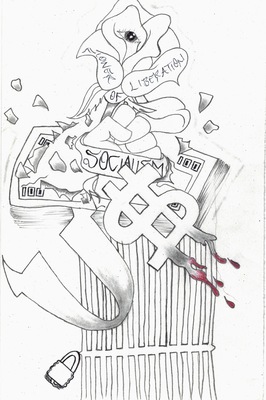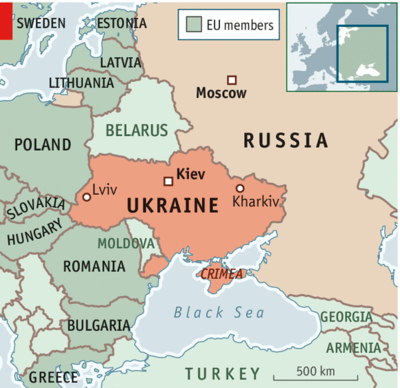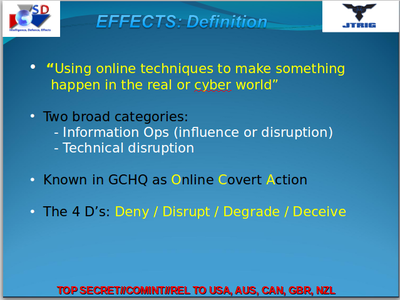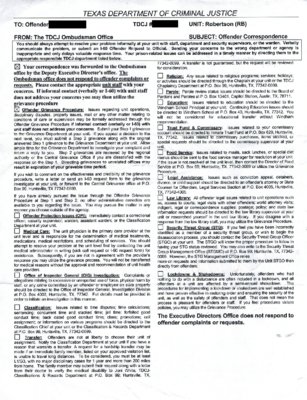
Supreme Court Upholds National Oppression in Education
April 22 - The U.$. Supreme Court upheld a Michigan ban on affirmative action in admission decisions to public universities, a final decision that reinforces national oppression in education from grade school through college. The majority opinion of the court upheld the state law that was enacted by Michigan voters in 2006. In addition to Michigan, seven other states have enacted similar bans: California, Florida, Washington, Arizona, Nebraska, Oklahoma and New Hampshire.(1)
The Supreme Court couched their ruling in arguments about upholding democracy: “It is demeaning to the democratic process to presume that the voters are not capable of deciding an issue of this sensitivity on decent and rational grounds,” justice Kennedy explained in the majority decision.(1) This faith in the capability of the voters in Amerika is only correct if we seek to reinforce white supremacy. 76% of Michigan’s population is white, and Amerikan capitalism promotes individualism and self-interest, so we should expect this population to vote in their own persynal interests, which rest on national oppression. “Decent and rational grounds” cannot be found as the basis for banning a practice of affirmative action that attempts to address the unequal access to educational opportunities offered oppressed nation youth in the United $tates.
As we explained in 2012 when a lower court ruling was issued on this case, bans on affirmative action are fundamentally reactionary in that they preserve white privilege, but overall affirmative action itself has failed oppressed nation youth. Affirmative action does not address the fundamental inequalities faced by oppressed nations within U.$. borders, it’s just an attempt to deal with the effects of these inequalities in young adults. As we wrote in that article: “The achievement gap between Black and white children went down between the Brown v Board of Education ruling and the late 1980s. But it started to grow again in the early 1990s. By 2005, in about half the high schools (those with the largest concentration of Blacks and Latinos) in the 100 largest districts in the country less than half the students entering the schools in ninth grade were graduating high school. Between 1993 and 2002 the number of high schools with this problem increased by 75%. These numbers, not surprisingly, coincide with a drop in Black and Latino enrollment in public universities.”(1)
The affirmative action debate highlights the ongoing existence of national oppression within U.$. borders. And it underscores the intersection of class and nation, keeping a sizable portion of New Afrikans and Latinos without a high school diploma and unable to take advantage of affirmative action in college admission even where it still exists. This goes back to the way that public education is funded in the United $tates, through property taxes, ensuring that poor neighborhoods will have lower quality education and denying kids from those neighborhoods the opportunities availabile to kids from wealthier neighborhoods. This economic segregation is tied to national segregation, creating a cycle of poverty that reinforces national oppression within this wealthy imperialist country.
The debate over affirmative action at the college level gets at the core of what equality is. Those who demand “blind” admissions practices have to pretend that everyone applying for college admissions had equal opportunities up to the point of college application. And this gives us a chance to challenge people on what many like to call a “color-blind” society. Even looking at the privileged Blacks and Latinos who went to schools good enough to qualify them to apply for college admission, pretending equality is only possible if we ignore all the aspects of oppression that these groups face in the U.$., from overt racial hatred to subtle cultural messages of inferiority. Society sets oppressed nation youth up for failure from birth, with TV and movies portraying criminals as Black and Latino and successful corporate employees as white. These youth are stopped by cops on the streets for the offense of skin color alone, looked at suspiciously in stores, and presumed to be less intelligent in school.
But the real problem is not the privileged Black and Latino students qualified to apply for college admission. These individual students from oppressed nations who are able to achieve enough to apply to colleges that have admissions requirements are a part of the petty bourgeoisie. The reality is very different for the other half of the oppressed nation youth who are tracked right out of college from first grade (or before) and have no chance of even attending a college that has admissions requirements beyond a high school diploma.
Among the students who entered high school in ninth grade, 63% of Latinos, 59% of Blacks and 53% of First Nations graduated high school in 2009. This is compared to 81% of Asians and 79% of whites. Overall the Black-white and Latino-white graduation rate gap narrowed between 1999 and 2009 but is still very large.(2)
This recent court ruling reinforces our belief that we cannot expect Amerika to reform away national oppression, even within U.$. borders where some formerly oppressed nations have been integrated into the oppressor majority. At this point in history, imperialism vs. the oppressed nations is the principal contradiction both globally and within u.s. borders. The dramatic differences in educational access and achievement are just one example of the oppressed/oppressor nation differentials. MIM(Prisons) fights on the side of oppressed nations everywhere for the revolution that will overthrow imperialism end national oppression.
Related Articles:








